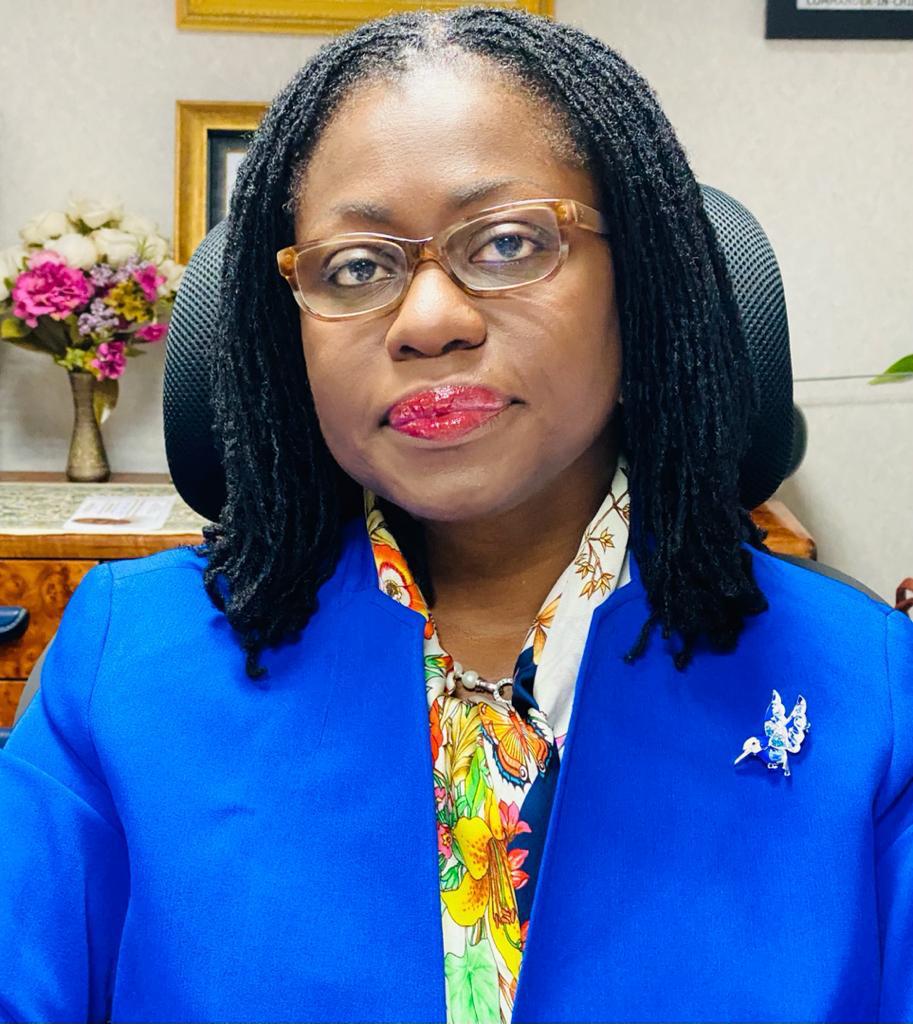
Accra, Ghana//-The Bank of Ghana (BoG) says measuring Covid-related risks to the banking sector is challenging, given the many unknowns associated with the evolving pandemic and the lack of modern-day precedents to guide bankers.
The Second Deputy of BoG, Mrs Elsie Addo Awadzi said this when she joined a webinar hosted by Aptivaa and Ghana Association of Bankers on the theme-‘Managing Banking Risks in Uncertain Times: The Covid-19 Test Case’.
That said, identifying, measuring, and mitigating these risks remains critical to maintaining the financial and operational resilience of the industry, the stability of the financial system, and the stability and recovery of our economic, according to her.
She noted: “Banking is inherently risky. The pandemic has only exacerbated these risks to unprecedented levels in a way that severely impact business, financial, and operational resilience of the industry if not carefully managed.
As has been said by earlier speakers, we are dealing with more pronounced balance sheet risks from asset impairment, higher provisioning, and lower profitability, and heightened operational risks from disruptions to service delivery and cyber risks”.
Add to these traditional risks, less talked about risks such as the looming climate risk, and financial exclusion risks with implications for medium-to-long-term macro-economic resilience”.
Mrs Awadzi was quick to add the Bank of Ghana expects the banking industry to be proactive in assessing and managing these risks in line with relevant provisions of the Banks and Specialised Deposit-Taking Institutions Act of 2016 and the Corporate Governance Directive of 2018.
“In particular, our regulatory framework designates risk oversight as a key governance function, with the Board of Directors of banks bearing overall responsibility.
We expect banks to establish and constantly strengthen risk management structures, policies, strategies, and processes in keeping with the fast evolving business environment”.
Importantly, we also expect that effective risk management becomes embedded in the business culture of banks, supported by strong management information systems for controlling, monitoring and reporting risks, Mrs Awadzi said.
She assured that as regulators, they would remain vigilant in monitoring the risks faced by the banking industry.
In her words: “Let me assure you that you are not alone as you face these risks. It is in our collective interest – banks, your customers, the regulator, and our economy – as a whole that you stay on top of these risks.
We continue to explore effective means to carry out our mandate to help keep risks in the industry under control.
For example, our enhanced off-site examinations regime since last year has involved additional reporting by the industry to help ensure that we are able to assess evolving risks even in the absence of on-site examinations during the pandemic”.
BoG’s periodic stress tests are also helping the bank to assess the level of capital buffers available to absorb potential losses as the pandemic rages on, and the bank’s new supervisory surveillance system – ORASS.
It is designed by VIZOR to give the bank’s data mining and analytical capabilities using artificial intelligence, helping it to spot early warning signs as they emerge.
“Our new sustainable banking reporting template is also designed to ensure that banks report on their management of environmental and social risks, a critical aspect of Ghana’s sustainable banking principles meant to promote sustainable economic growth”.
Mrs Awadzi therefore assured that the central bank would continue to strengthen the capacity of its supervisory team to be able to sharpen their supervisory judgment including their ability to evaluate the effectiveness of risk management and overall governance of banks.
To the banks, she urged them to ensure that the capital buffers they built over the last couple of years are preserved, operational resilience is maintained, and depositors’ funds are protected, while continuing to support economic growth as far as the strength of banks’ balance sheets would allow.
Essentially, boards must carefully balance these sometime competing objectives, to ensure optimal outcomes, she said.
African Eye Repor


